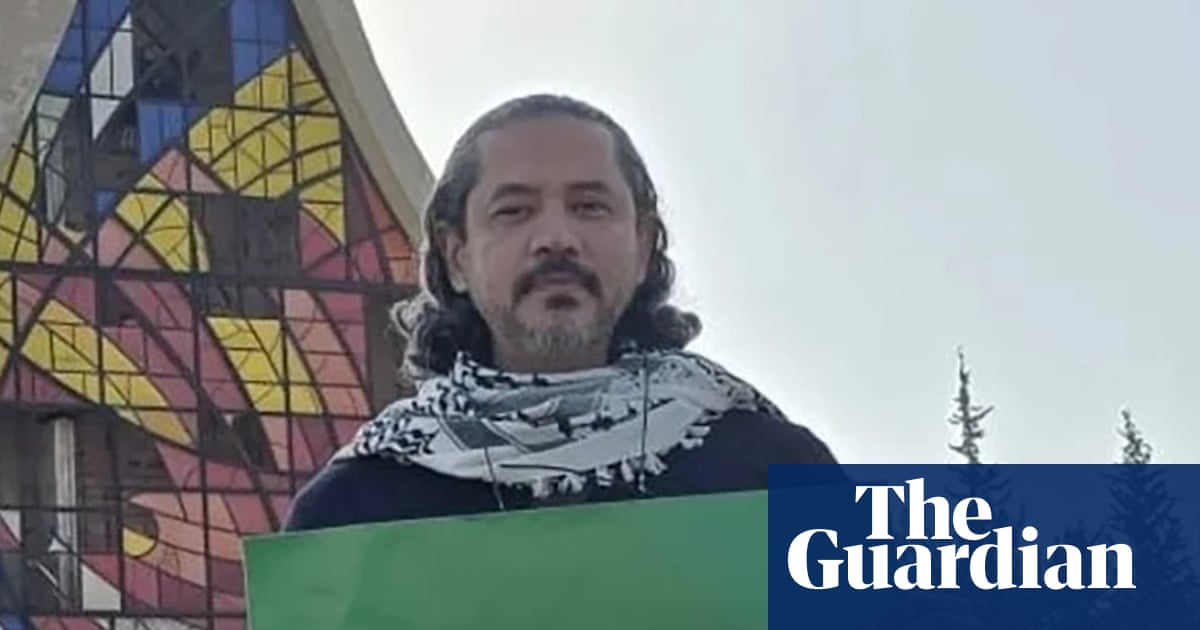France’s highest court has cancelled an arrest warrant for the former Syrian leader Bashar al-Assad for complicity in war crimes and crimes against humanity during the country’s civil war.
The Cour de cassation declared the warrant invalid under international law, which gives heads of state personal immunity from prosecution in foreign courts while they are in office.
The judges ruled there were no exceptions, but said their decision did allow for a new arrest warrant to be issued now Assad is no longer a head of state. Since December 2024, Assad has been living in exile in Russia after rebels led by Turkish-backed forces took control of Syria.
Mariana Pena, a senior legal counsel with the Open Society Justice Initiative (OSJI), said the ruling was a “missed opportunity” for the court to make an exception on the waiving of immunity for heads of state accused of the most serious crimes, but added the campaign to bring Assad to justice would continue.
A French court issued the international arrest warrant in November 2023 in response to two chemical weapons attacks in Syria. In the first, in August 2013, the banned gas sarin is believed to have killed more than 1,000 people including hundreds of children in the district of Ghouta in eastern Damascus. The second, in April 2018, saw 450 people injured in the towns of Adra and Douma.
The case that led to the arrest warrant was brought by civil parties including survivors of the attacks, the Syrian Center for Media and Freedom of Expression and the OSJI.
Its cancellation was initially sought by France’s anti-terrorism office on the grounds of head of state immunity. Last year, the Paris court of appeal upheld the warrant following a request for annulment, only for the anti-terrorism office and the public prosecutors’ office to lodge a fresh appeal.
At the appeal hearing, the OSJI argued that immunity should not apply when leaders perpetrated grave crimes against their own population.
France has previously issued international arrest warrants for three other senior Syrian officials, including the former leader’s brother, Maher al-Assad for complicity in war crimes and crimes against humanity. The Cour de Cassation did not rule on these warrants, which are still in effect.
The sarin attack in 2013 almost led to US intervention in Syria’s civil war. Barack Obama, then US president, had warned Assad that the use of chemical weapons would be a “red line”, but backed down from military action after Syria agreed to dismantle its chemical weapons.
after newsletter promotion
In 2020, a report by the UN-aligned body that oversees chemical weapons use accused Syria of using sarin gas on the battlefield. The report was hailed by rights groups as a landmark moment with implications for war crimes investigations.
The Syrian conflict began with protests and pro-democracy rallies in 2011 and escalated into civil war the following year. Up to 610,000 people are believed to have died in the conflict.

 3 months ago
46
3 months ago
46

















































